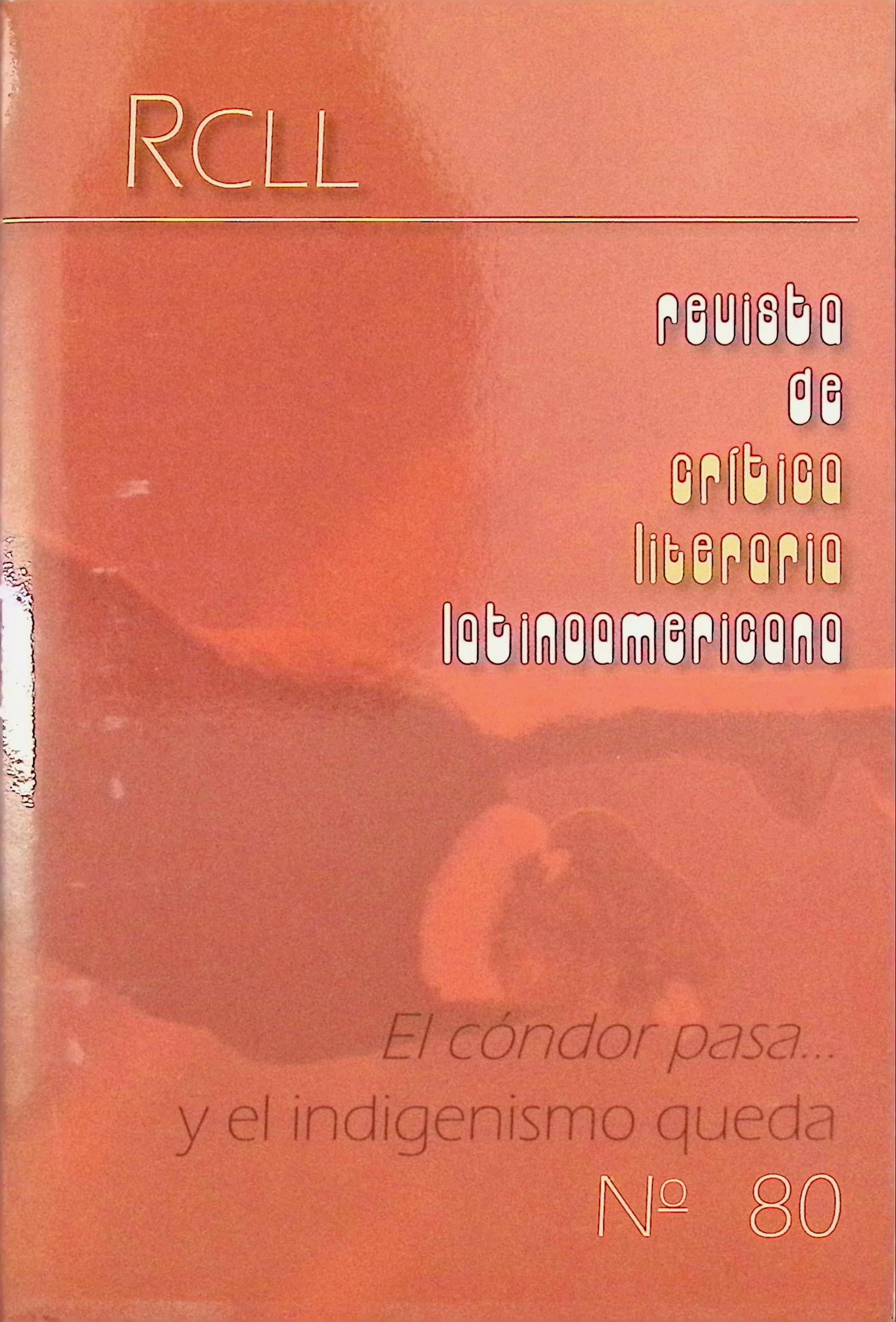The neo-Inca discourse and its political significance: Vilcabamba between submission, syncretism and resistance
Keywords:
T'itu Kusi Yupanki, Instrucción, Bartolomé de las Casas, neo-inca, VilcabambaAbstract
What do the words that T'itu Kusi Yupanki used in his diplomatic exchanges with the Spaniards reveal? Are they mere tools of a conventional rhetoric? Through an analysis of the mechanisms of T'itu Kusi Yupanki's speech, I will explore some of the main aspects of neo-Incan political strategy. In order to do this, I will examine the Instrucción al Licenciado Lope García de Castro (1570), a key text in the relations between Vilcabamba, the last center of power in the Incan empire, and the colonial authorities. By emphasizing the paradoxical nature of T'itu Kusi Yupanki's discourse - a mixture of concepts as varied as submission, syncretism and resistance - I will question its meaning. I will propose a new hypothesis to give a deeper understanding on the political intentions of the Incas of Vilcabamba to assimilate the spanish presence in the Andes within a dualist mental franmework an issue that continues to cause debate.





